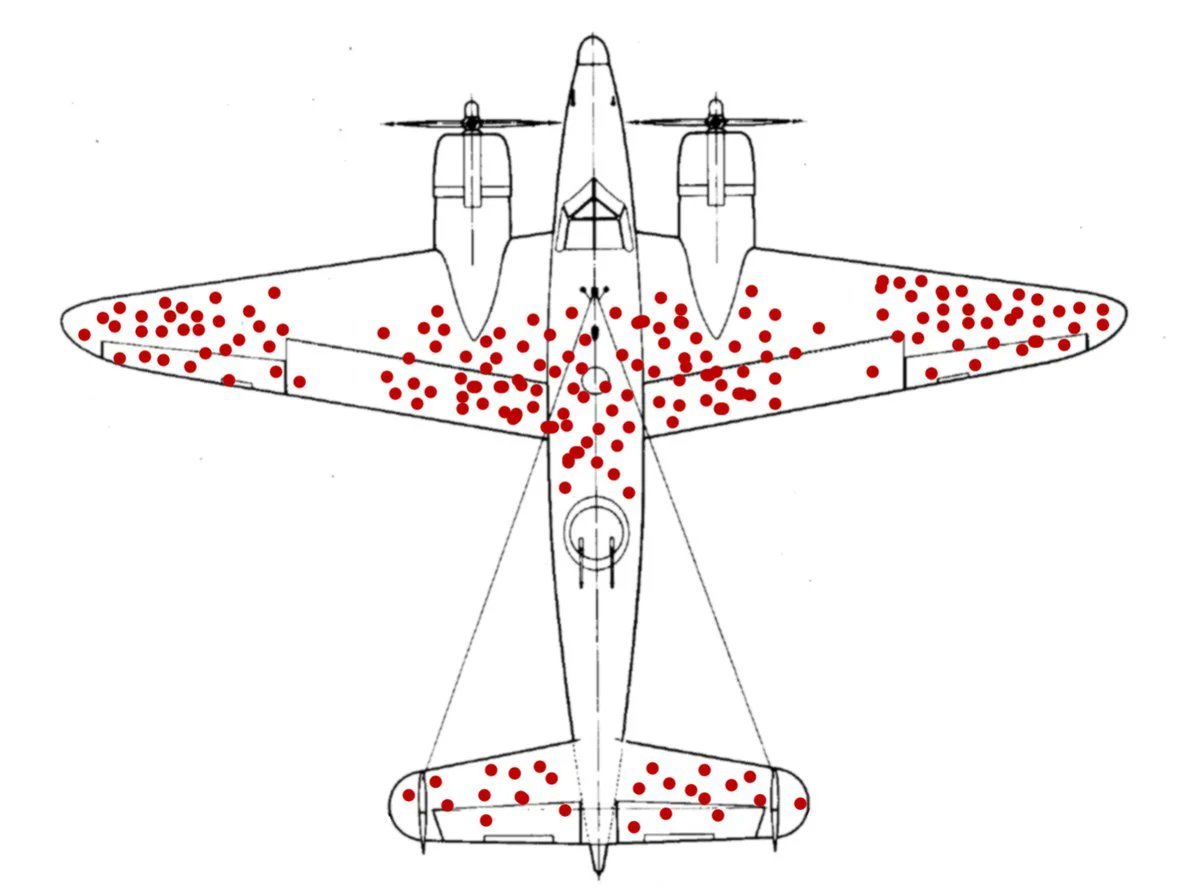
Only three chapters into @CharlesCMann's *The Wizard and the Prophet* and why didn't anyone insist that I read this book before? Super-relevant to progress studies.
Just finished the Borlaug chapter, which is jaw-dropping, even though I already knew the Borlaug story in outline.
Just finished the Borlaug chapter, which is jaw-dropping, even though I already knew the Borlaug story in outline.
The sheer amount of hardship Borlaug endured, the setbacks, the lack of support from almost everyone around him, the tedium of crossing thousands of varieties and planting them by hand… all to save the world's hungry. Someone needs to make a movie out of this.
Seriously, there are so many great scenes. Usually science is hard to make dramatic on the big screen, but this would be fairly easy.
Like this scene where he has no equipment and no one will lend him any, so he literally pulls the plow through the field himself, like a mule:
Like this scene where he has no equipment and no one will lend him any, so he literally pulls the plow through the field himself, like a mule:

Or this scene, where he thinks he has lost all the seeds from one variety, and then he finds a forgotten envelope with seeds in it.
This is better writing than you find in many major films
This is better writing than you find in many major films

Borlaug is a good litmus test for whether you actually care about humanity. He grew up poor, labored in the fields, never took a big salary, saved maybe ~1B people from starvation in Mexico, India, Pakistan, etc, and won a Nobel Peace Prize for it.
If you're against him… why?!
If you're against him… why?!
For another version of the Borlaug story, see this article in @TheAtlantic by @EasterbrookG (h/t @maksim_s) theatlantic.com/magazine/archi…
• • •
Missing some Tweet in this thread? You can try to
force a refresh








